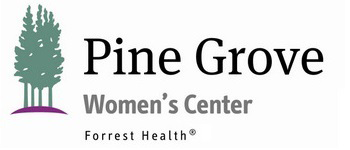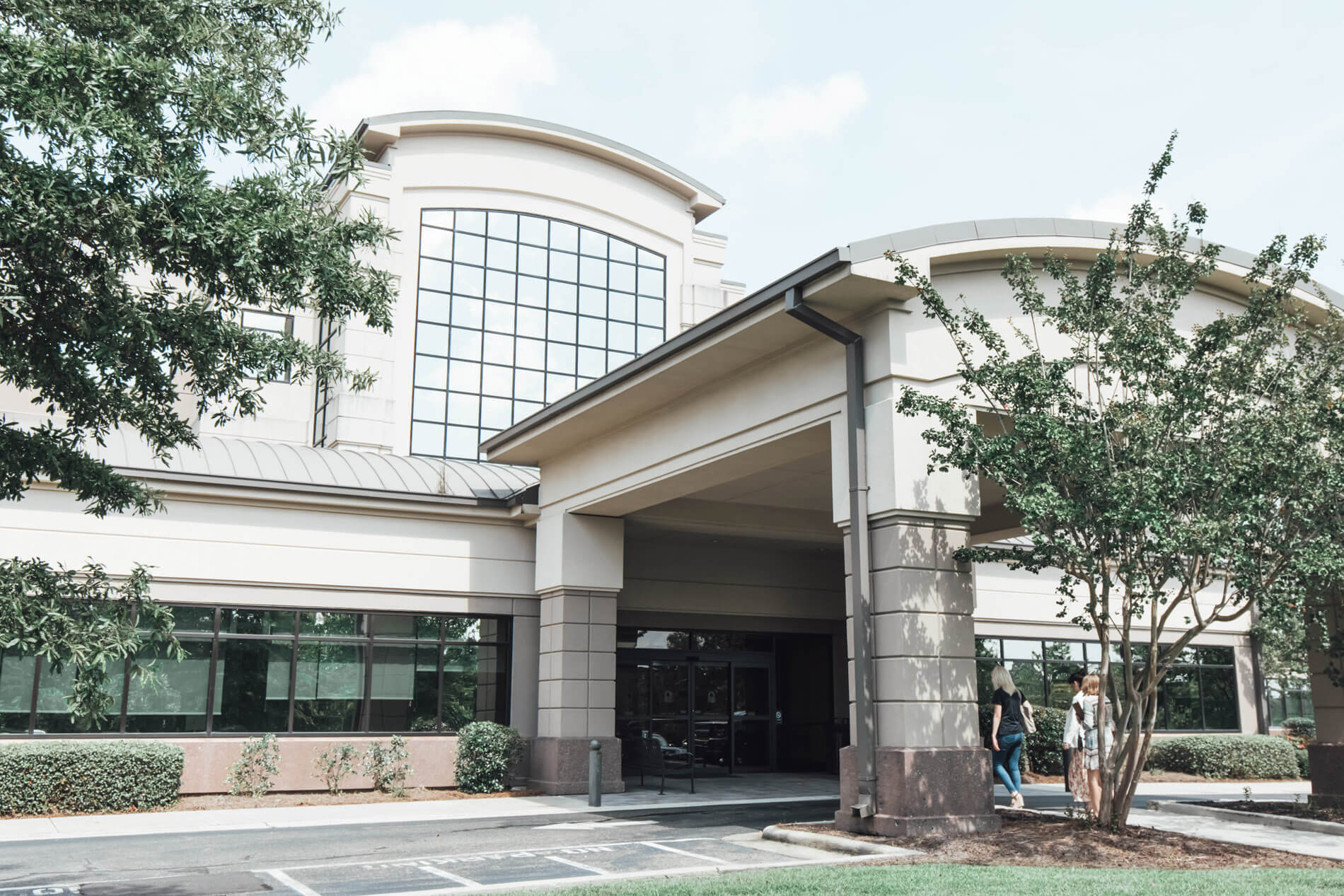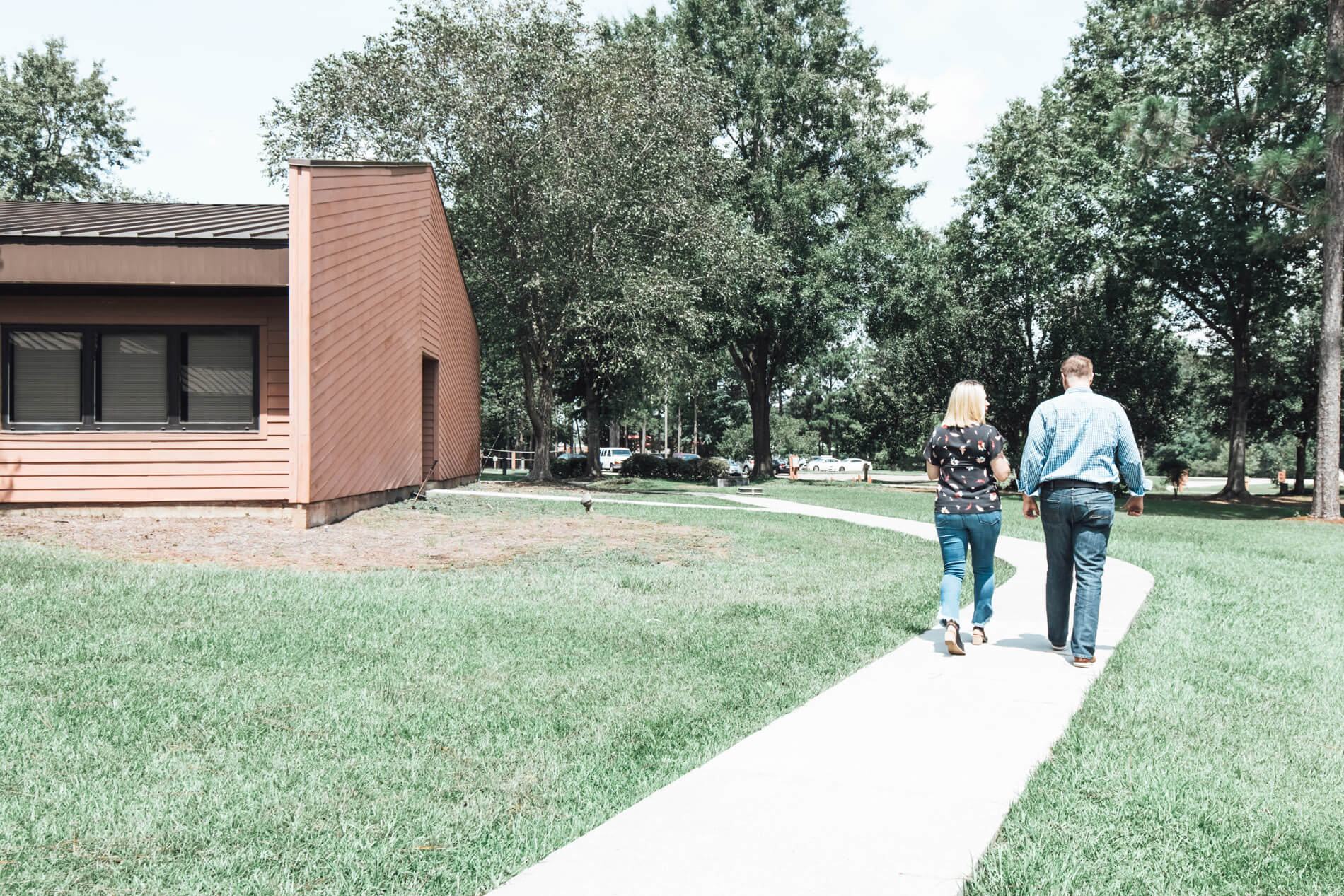Treatment for Clinicians and Medical Staff During COVID-19
Careers in the medical field can make an incredible difference in countless lives, but for professionals, they are also fraught with tough challenges, tragic outcomes, and sleepless nights. Even before the novel coronavirus came to the United States this year, medical staff and clinicians faced higher than average rates of depression, anxiety, stress, trauma, and burnout. In light of recent events, it is vital for clinicians and medical staff to receive treatment and support during COVID-19.
Stress, Burnout, and PTSD
It’s no secret that medical professionals have challenging jobs. Research indicates that these individuals are at higher risk of stress, burnout, and post-traumatic stress disorder than the general population; this risk is heightened for those who work in the intensive care unit and other high-stress scenarios.
In one 2007 study, Mealer and colleagues found that more than a quarter of critical care nurses exhibited significant symptoms of depression and PTSD, while 20% had significant anxiety symptoms. These results may actually be related to organizational factors, such as workload (ex: the number of night shifts per month) and impaired relationships with colleagues, rather than issues related to patients. It cannot be denied that medical professionals are regularly faced with stressful and traumatic situations; today, they are dealing with perhaps the most significant challenge of our lifetimes.
COVID-19, Clinicians, and Medical Staff
In recent months, COVID-19 has created an especially problematic scenario for clinicians and medical staff. Those who are involved in the treatment of SARS-CoV-2 patients find themselves within a complex web of health and safety hazards while working extra shifts and dealing with limited resources.
Research from previous pandemics and natural disasters has provided insight to the mental health of frontline workers during COVID-19. In a study of hospital employees during China’s SARS epidemic (2002), researchers found that 10% of participants experienced high levels of posttraumatic stress. A more recent Chinese study found that more than half of hospital employees had symptoms of depression, 44% had anxiety, and more than 30% had insomnia. In many cases, these mental health concerns can drive individuals to drinking or drug use in an effort to control symptoms. In the long term, this can turn into chemical dependence or addiction.
These findings and others emphasize the importance of prioritizing the health and safety of frontline workers during a pandemic like COVID-19. It is essential for clinicians and medical staff to receive adequate mental health care during this time.
Strategies for Managing Stress
The National Academy of Medicine (NAM) has provided strategies to support the health and well-being of clinicians during the coronavirus outbreak. During this global health emergency, they assert that medical staff are faced with worsened workplace hardships and moral dilemmas that may exacerbate current levels of stress and burnout.
NAM recommends that hospital leadership should communicate best practices, express how much they value staff, monitor and promote staff well-being, provide a supportive work culture, and make resources available.
There are also steps that clinicians and medical staff can take to improve their own well-being during these unprecedented times. If you are a medical professional who finds themselves overwhelmed by the atmosphere created by COVID-19, we recommend that you…
Take care of yourself first. Meeting your basic needs may seem obvious, but self-care can quickly fall by the wayside during long, stressful shifts. Be sure that you eat nutritious meals, drink plenty of water, and get enough sleep each night. When you’re biologically deprived, your ability to care for patients (and yourself!) can be significantly impacted.
Give yourself breaks. When possible, take a moment of respite from patient care to comfort yourself with fun or relaxing activities. Whether you’re listening to music, taking a walk, or working on new deep breathing techniques, these small breaks can go a long way towards dissipating any accumulated stress.
Monitor your media diet. It’s vital to stay up to date on hospital policies through briefings and meetings, but consuming an excessive amount of COVID-19 news can be upsetting and counterproductive. Stay on top of major news updates, but resist the urge to scroll through every single graphic image, news headline, or status update on your timeline.
Communicate with others. Don’t be afraid to seek support from your colleagues, who are in the trenches with you, or from your friends and family members. By working together to monitor stress and stay positive, you’ll find it easier to get through each day with a good attitude.
Check in with yourself. As a medical professional, you spend your time tending to the well-being of others each and every day. Now more than ever, it’s important for you to direct that same caring behavior towards yourself. Check in with yourself regularly, keeping an eye out for symptoms of burnout or depression, such as difficulty sleeping, intrusive thoughts, or feelings of hopelessness. If you notice these feelings, it may be time to seek professional support.
Support for Clinicians and Medical Staff
If you feel overwhelmed by COVID-19, we’re here for you. Pine Grove provides treatment tailored to professionals, particularly those working in the medical field. We are offering outpatient telehealth services for those struggling with mental health or addiction during this time. To learn more, please call us at 1-888-574-4673.







